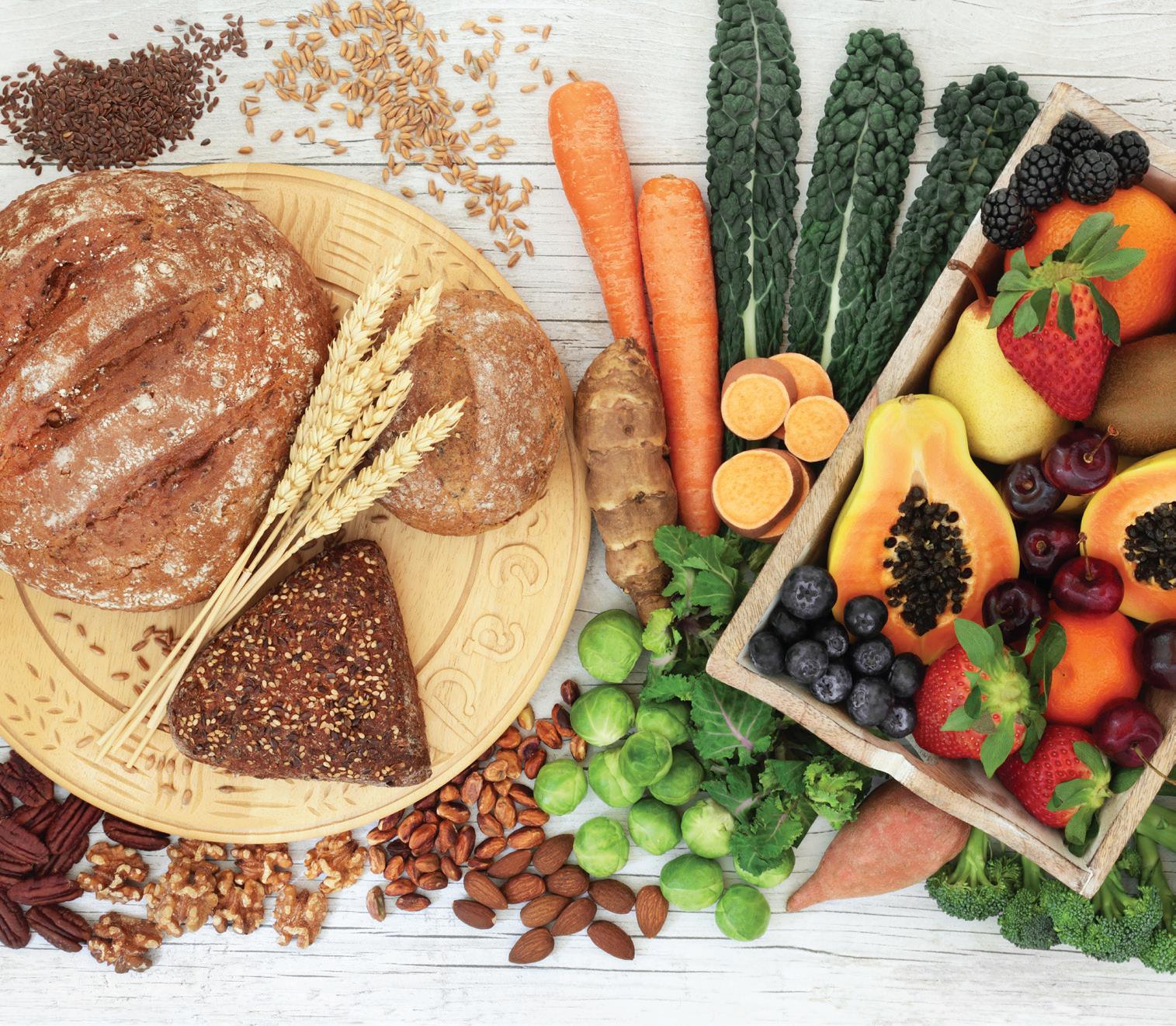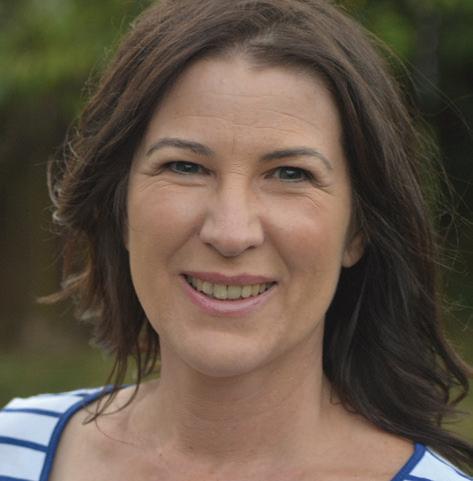
1 minute read
Nutrition Sense


Advertisement
What’s the big fuss about fibre?
Have you made any resolutions for 2023 yet? If you are going to make one change to your diet this year, I encourage you to increase the amount of fibre you eat. Fibre has numerous benefits beyond just keeping us ‘regular’. Fibre also helps maintain a healthy weight and reduces the risk of developing type 2 diabetes, heart disease and bowel disorders.
Fibre helps with our weight by making us feel fuller for longer, so we are less likely to overeat. Foods high in fibre require more chewing, which gives our stomach time to register when we are full. Eating quickly doesn’t allow the stomach adequate time to tell our brain we are no longer hungry so we can end up eating more than we need. Foods that are high in fibre also tend to have less kilojoules.
Fibre helps reduce the risk of type 2 diabetes by slowing the rates at which sugar enters the bloodstream and so prevents blood sugar levels spiking. High levels of sugar in the bloodstream can, over time, damage the blood vessels. It acts a bit like a slow release fertiliser, allowing the body to process sugar in smaller amounts. This means that our pancreas can keep up with the work of getting the sugar out of the bloodstream and into the cells, reducing the chance of damage to blood vessels.
Fibre helps prevent heart disease as it lowers blood cholesterol levels by reducing its absorption from the intestines. It also prevents constipation, diverticular disease and haemorrhoids, which helps to prevent bowel disorders.
Foods high in fibre also contain vitamins, minerals and phytochemicals (aka phytonutrients), which are a large group of compounds that include antioxidants, flavonoids, anthocyanidins and many others. Studies show that diets high in phytochemicals may reduce the risk of developing cardiovascular disease, cancer, Type 2 diabetes and neurodegenerative diseases such as Alzheimer’s and Parkinson’s.

Next month we will continue with this topic and look at different types of fibre, good sources of fibre and recommended daily intakes.

If you would like help with creating a more nutritious way of eating, guidance for healthy weight loss and food allergy specific diets, contact me at paula@nutritionsense.co.nz, both in person and online consultations are available. I’m on Facebook as NutritionSense, for regular posts on health-related topics and recipes.

Paula Southworth | Nutritionist at NutritionSense www.nutritionsense.co.nz








